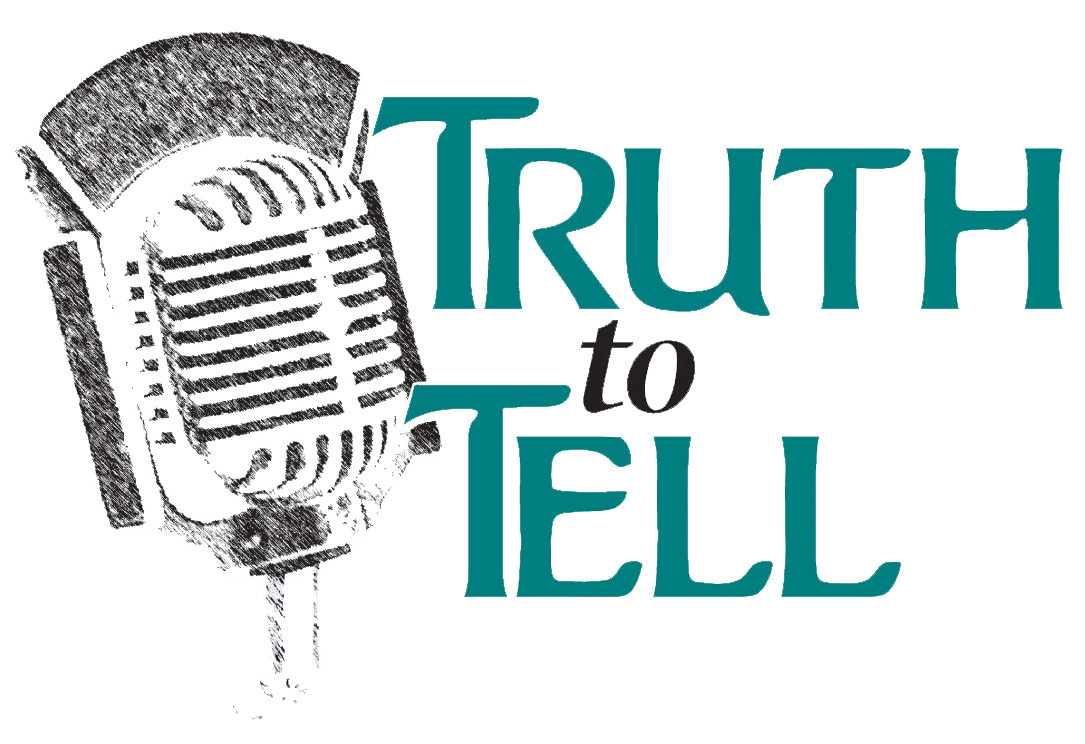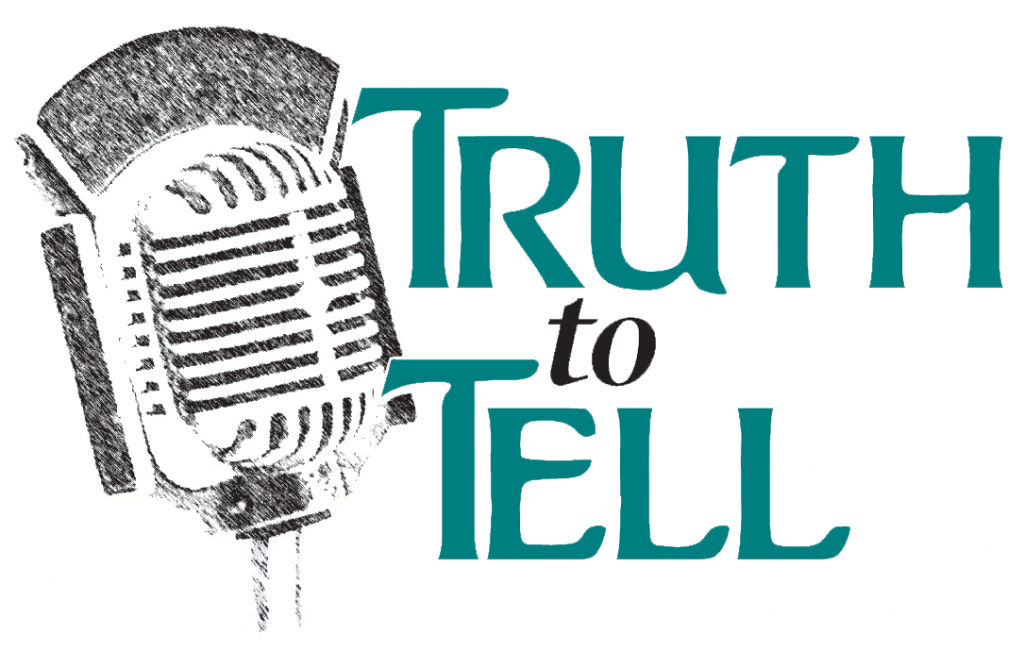TTT1230-July 23-AFL-CIOForeignPol
HELP US BRING YOU THESE IMPORTANT DISCUSSIONS OF COMMUNITY INTEREST – PLEASE DONATE HERE!
~~~~~~~~~~~~~~~~~~~~~~~~~~~~~~~~~~~~~~~~~
During the election season of 1972 – when George McGovern was challenging the policies and programs – not to mention the leadership – of Richard Nixon in the latter’s first term and the continuing war in Vietnam (remember the Kent State student killings in 1970, Nixon’s 1969 bombing of Cambodia – less than year in office – and the 1972 “Christmas Bombing” of North Vietnam), millions of rural and blue collar voters – much as they have more recently as Tea Party members – piled into the polls to vote for Nixon in direct contravention of their unions’ leadership. At least that’s how it appeared.
The Committee to Re-Elect, the Nixon machine found guilty of the Watergate break-in and laundering of campaign funds plus a massive cover-up a couple of years later, leading to Nixon’s unprecedented resignation in disgrace – portrayed George McGovern as little more than a professorial flake of a progressive. The campaign against the man who would have ended the Vietnam bloodbath at least three or four years and thousands of American and Asian lives before it finally stopped may well have succeeded based in major part on the abandonment of rank-and-file union members that year. This carried on right through the election of Ronald Reagan where more damage, perhaps fatal blows, were inflicted on collective bargaining and worker protections, including health and pension benefits. And, still suburban working class men and women vote Republican in significant numbers.
We have written and discussed how the rank-and-file’s shift to the right has flown in the face of all that labor’s founding forefathers sought in the bloody battles for recognition and certification representing overworked and underpaid workers in almost every one of America’s industries – most of them gone now, thanks to so-called free trade policies of Republican administrations and buttressed by gutless Democrats – all of whom have lost sight of labor’s struggle and heritage in the fattening of the middle class through the post-WWII decades, including two more conflicts in Korea and Vietnam.
How does war and fair trade mix? How does the loss of many rank-and-file union members – especially the trades – to Republicans who have shipped their jobs overseas and given tax and regulatory breaks to those who have exploited labor while destroying the environment many unions believe impedes job creation sit with a public whose support organized labor has needed down through the ages?
Many authors have written well about the millions of Americans so willing to vote against their own best interests, but where was labor leadership when it came to standing up against the forces of evil here and overseas – against war when the crunch came? What’s the Matter with Kansas by Thomas Frank first raised this issue. But that included seniors and previously declared liberals in one bellwether state’s voting public.
Linking labor’s overseas strategy and tactics in times of war and third world development issues is quite another matter. An exhaustive study The AFL-CIO has adamantly avoiding opposing America’s involvement in war dating back years and several conflicts, cooperating and colluding with the CIA and other agencies. In a review of the book authored by one of this Monday’s guests, Dr. Kim Scipes’s AFL-CIO’s Secret War Against Developing Country Workers: Solidarity or Sabotage? (Lanham, MD: Lexington Books, 2010), social critic and writer Paul Street writes:
Unbeknownst to most American union members and many U.S. labor officials, and without their support, the top foreign policy operatives of the AFL and the AFL-CIO have consistently collaborated with American government agencies like the Central Intelligence Agency (CIA), the U.S Agency for International Development (USAID), and the National Endowment for Democracy (NED) in carrying out an imperialist foreign policy that has attacked working and living standards in “developing countries” (known as “Third World” nations during the Cold War).
Anytime you’re inclined to label labor as “imperialist” – stand back. But, as Scipes – a prolific professor of sociology at Purdue University and a long time labor union member and supporter – writes in his preface: “This is a book that has been very difficult for me to write. I am a strong believer in collective action, and especially collective action by working people, so as to improve their wages, working conditions, and the general conditions of their lives. Also, I am a strong believer in unions…” He goes on to list his union affiliations. But he also goes onto state flatly that the AFL-CIO’s foreign policy program and leadership “…support and have worked to extend the U.S. empire. Besides attacking workers and unions around the world who challenge U.S. corporate investment…the AFL-CIO’s foreign policy program can exist in the United states only by attacking labor democracy within the U.S. labor movement itself.”
He also says this program started about 100 years ago.
What have been the ramifications of all of this “empire” support as we have engaged in wars and exploitation all around the planet? And what about its effect on the Fair Trade Movement. How can the AFL-CIO possibly justify its behavior elsewhere as it opposes NAFTA and colludes with U.S. government adventurism overseas?
TTT’s ANDY DRISCOLL and MICHELLE ALIMORADI query the author and his reviewers – plus state and local labor leaders – in search of answers to the many questions these issues raise.
 KIM SCIPES, PhD – Associate Professor of Sociology, Purdue University (North Central); Author, AFL-CIO’s Secret War Against Developing Country Workers: Solidarity or Sabotage? (Lanham, MD: Lexington Books, 2010)
KIM SCIPES, PhD – Associate Professor of Sociology, Purdue University (North Central); Author, AFL-CIO’s Secret War Against Developing Country Workers: Solidarity or Sabotage? (Lanham, MD: Lexington Books, 2010)
 PETER RACHLEFF, PhD – Professor of History, Macalester College, St. Paul; Labor Historian
PETER RACHLEFF, PhD – Professor of History, Macalester College, St. Paul; Labor Historian
 TOM O’CONNELL – Professor of Social Science, Metropolitan State University; Chair, CivicMedia/Minnesota; Labor Historian
TOM O’CONNELL – Professor of Social Science, Metropolitan State University; Chair, CivicMedia/Minnesota; Labor Historian
 JOSH WISE – Director, Minnesota Fair Trade Coalition
JOSH WISE – Director, Minnesota Fair Trade Coalition



